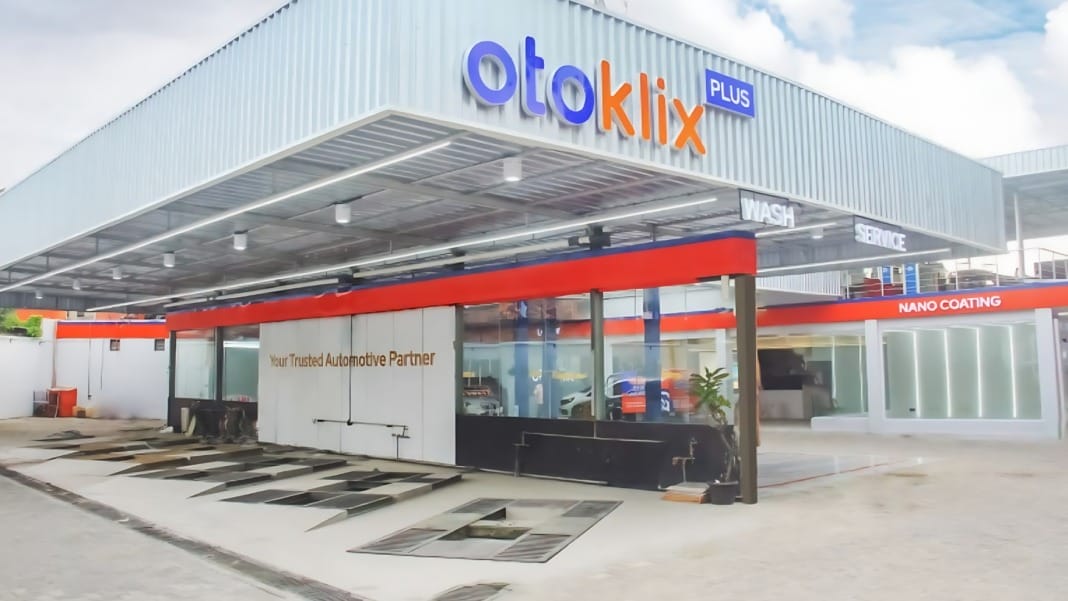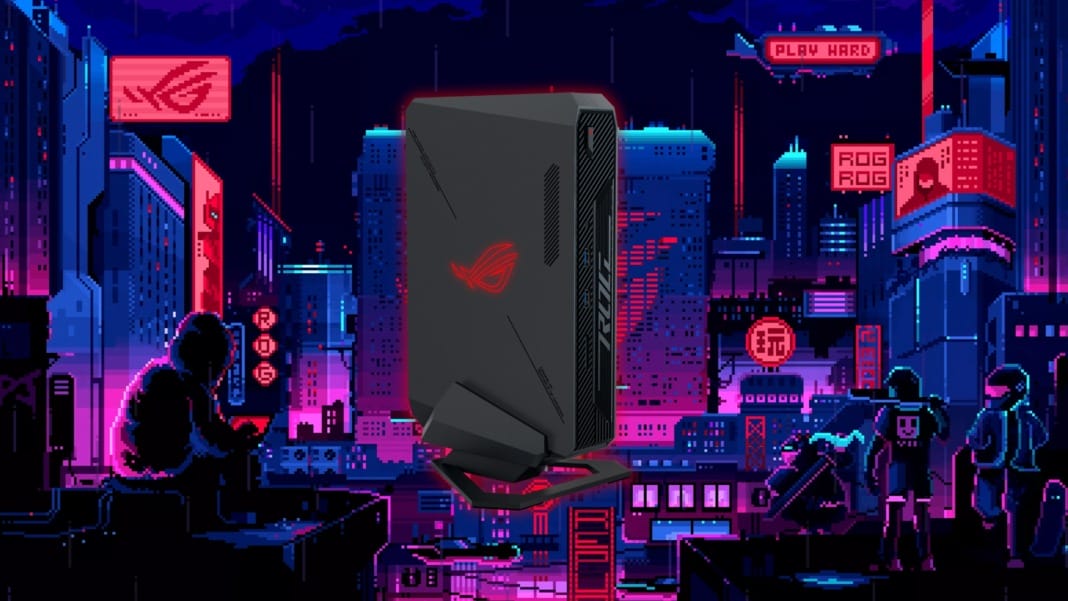VinFast, the Vietnamese electric vehicle manufacturer, has recently made its debut in Indonesia by opening a new dealership in the Jakarta suburb of Depok. The company has also declared its intention to invest US$1.2 billion in establishing a local assembly plant capable of producing 60,000 vehicles per year. This move is part of a broader initiative aligned with Indonesia’s updated government roadmap, which aims to achieve a production target of 600,000 electric cars by 2025.
Strengthening the EV service infrastructure
In conjunction with its market entry, VinFast has formed a partnership with Otoklix, an Indonesian startup supported by AC Ventures that specialises in automotive service and repair. This collaboration designates Otoklix as the authorized service provider for VinFast across Indonesia, enhancing the support infrastructure for electric vehicles nationally.
Martin Reyhan Suryohusodo, co-founder and CEO of Otoklix, commented on the government’s involvement in this initiative: “Indonesia is one of the few countries where the government is actively supporting EVs, a commitment expected to continue under the incoming president.” He highlighted the strategic importance of expanding the charging station network and enhancing financing options to facilitate the transition to electric vehicles.
Preparing for a new era in automotive service
Otoklix is not only responding to immediate market needs but is also preparing for future demands by investing in specialized training and infrastructure. The company has launched an academy focused on electric vehicle service training to ensure that its workforce is adept in managing the specific requirements of EVs, which differ significantly from those of gas-powered vehicles.
“In our academy, we teach that servicing EVs isn’t just about the mechanical aspects—like brakes or tires, which are similar to those on gas-powered cars—but crucially about the software and electrical components, especially the battery,” Martin explained. He stressed the need for precise safety protocols and the use of specific tools to handle the delicate components of electric vehicles safely.
Discussing the potential influence of Indonesia’s nickel reserves on the supply chain, Martin stated, “Currently, we’re not focusing on that, despite the country having the largest nickel reserves globally. The shift in the EV industry toward lithium batteries, which are more economically viable, influences this decision.” He noted that while nickel is predominantly processed into stainless steel, a shift to battery production would require significant changes in the existing industrial infrastructure.
Looking ahead, Martin anticipates an increase in demand for automotive parts that are equivalent to original parts but more affordable. This includes not only mechanical parts but also components of batteries, such as individual cells. “Over the next ten years, as the EV market expands, we expect to see a rise in demand for car parts that are as good as original parts but more affordable,” he added.
Otoklix’s strategic partnership with VinFast and its proactive approach to training and infrastructure development are key to adapting to Indonesia’s evolving automotive landscape. This collaboration supports the nation’s ambitious plans for an electric vehicle future and lays the groundwork for a sustainable transportation ecosystem.





